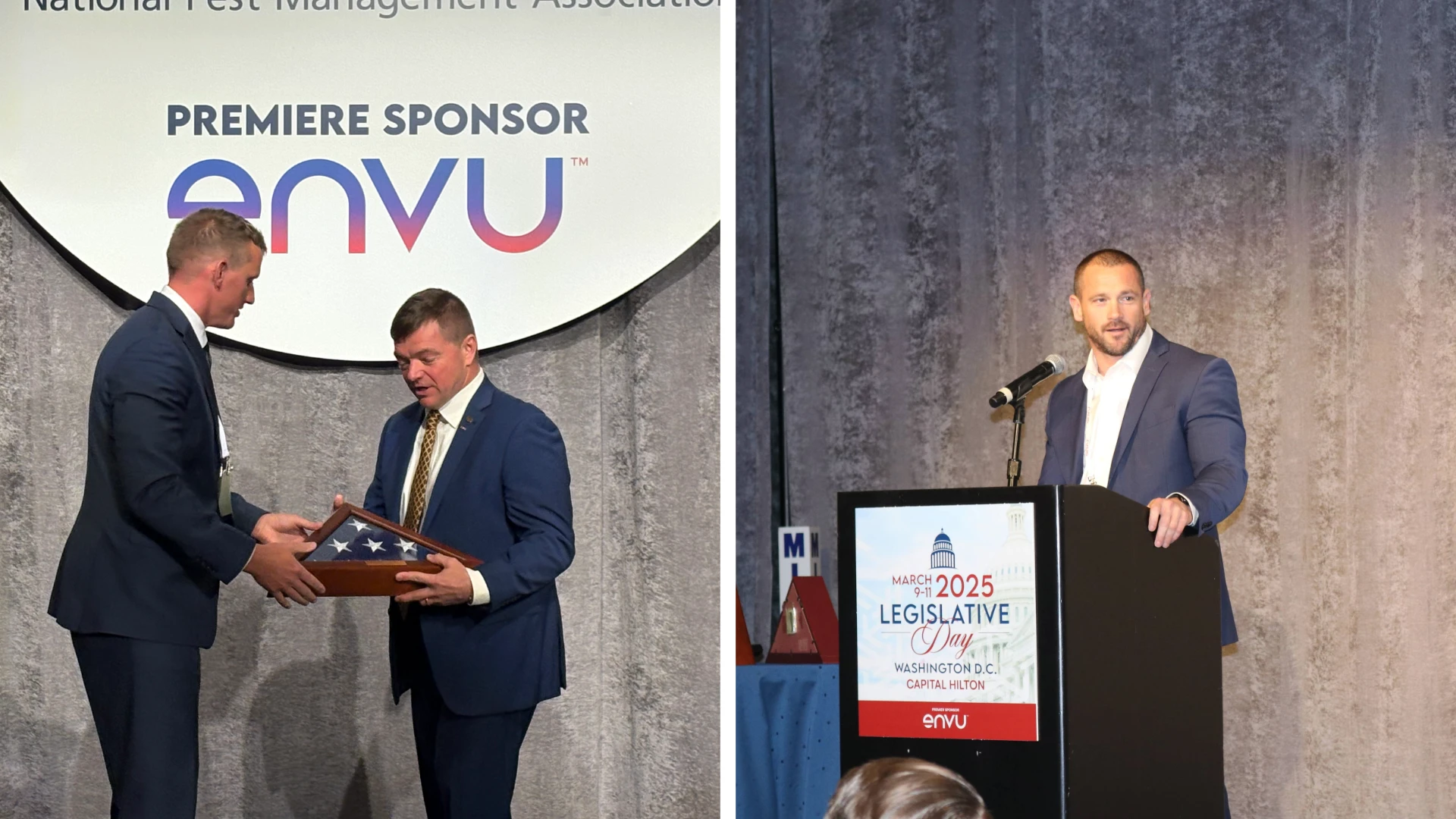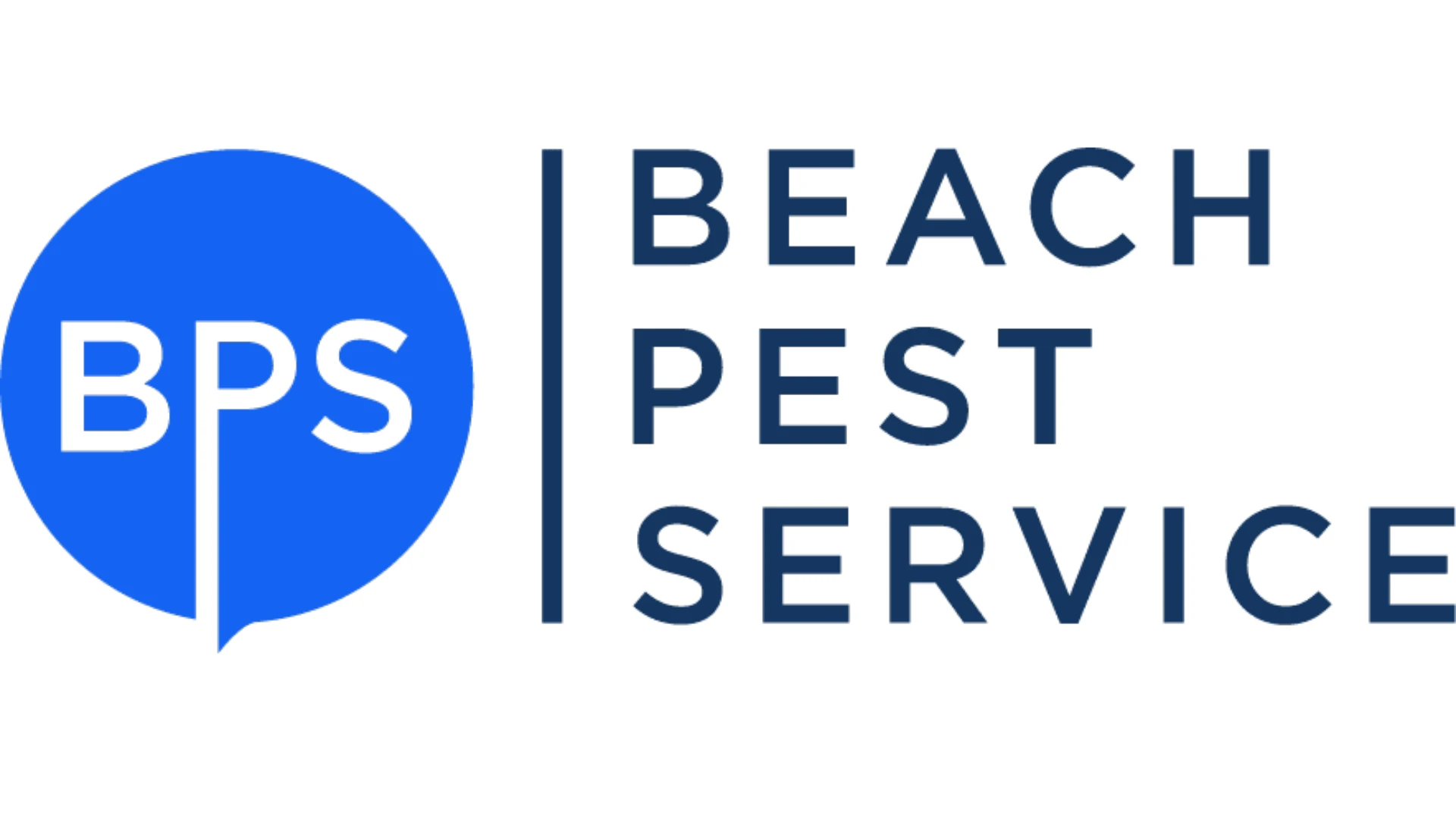Housing continued to pressure the pest management industry, with five percent more professionals citing “very weak” local housing markets and four percent fewer describing it as “above average,” according to surveys conducted by PCT magazine in October 2008 and June 2009.
Privately owned housing starts in July were 1.0 percent lower than in June and nearly 38 percent below July 2008 figures, reported the U.S. Census Bureau and U.S Department of Housing and Urban Development. Single-family housing starts in July were 1.7 percent above June levels. Sales of single-family homes were 11 percent higher in June but still 21.3 percent below June 2008 figures, said the agencies.
And the number of U.S. households on the verge of losing their homes rose seven percent from June to July, reported RealtyTrac. One in every 355 homes received a foreclosure-related notice, such as a notice of default or trustee’s sale.
Nevada had the nation’s highest foreclosure rate for the 31st-straight month, followed by California, Arizona, Florida and Utah, RealtyTrac reported. Rounding out the top 10 were Idaho, Georgia, Illinois, Colorado and Oregon. Among cities, Las Vegas had the highest rate, followed by Stockton, Calif., and Modesto, Calif.
TERMITES AND HOUSING. More than half of professionals surveyed said the slow housing market had somewhat or significantly affected their termite business in a negative way. Those most hurt relied on WDO/WDI inspections and pre-construction termite work, said Randy Nader, president of Nader’s Pest Raiders in Ponte Vedra, Fla.
Pretreats are down 80 percent this year for Palmetto Exterminators, said Vice President Bert Snyder. Over the last decade, the Charleston, S.C., company averaged 10 to 20 percent growth each year, due largely to termite renewals resulting from pretreats of new-construction single-family homes. Since the company didn’t make money on pretreats, “our margins are better,” said Synder, but the drop will “affect our long-term growth potential.” Not only will the company miss out on new annual termite renewals, but 25 percent of new-home owners bought pest control service.
Snyder is positioning the firm with new and existing builders for when home construction revives. He also developed an incentive program for new homeowners who didn’t renew with the company that pretreated, aren’t happy with their current service, or like Palmetto’s program better, allowing them to make a change at an attractive price.
Due to financial strain, however, some homeowners are choosing not to renew their termite bonds, said Nader.
Still, 39 percent of professionals polled by PCT in June expected termite revenue to grow in 2009. Jerry Martin, vice president of Martin Exterminating in Tobaccoville, N.C, had a better termite season this year compared to the last five. He got 73 calls for termite swarms and sold 69 of them, compared to eight calls in 2008.
Other professionals said the economy had not impacted their termite business because they have shifted away from providing termite control services.
Schendel Pest Services in Topeka, Kan., hasn’t depended on termite revenue for five years, said President Brent Boles. “It’s been dwindling each and every year.” Although termite work is off 30 percent from 2008 levels, it accounts for only 15 percent of the company’s total revenue, he said.
RESIDENTIAL MARKET. Professionals said the recession had a bigger impact on residential pest control. From October to June, six percent more said the slowing economy negatively affected this segment of their business. During the eight-month time span, the economy’s impact became clear to nine percent more professionals who previously were unsure of its effect.
Comparing the two surveys, nearly 28 percent more professionals said customers were changing service frequency, such as from monthly to quarterly. Eighteen percent more said customers were cancelling services, and 15 percent more said customers were calling for “as-needed” vs. regular service.
Dan Griggs, president of Griggs & Browne in Rhode Island, where unemployment is 12 percent, said “cancellations are up,” with 90 percent of those cancelling citing lost jobs and an inability to afford service any longer.
Nader also said some customers are putting off service. As a result, his company has become “more lenient as far as extending payment options,” trying to be as fair as possible to customers, without risking performing a service “someone isn’t going to be able to pay us for.”
Griggs is offering to postpone a quarterly treatment. To keep customers on the books, “we’ll forgo a quarter until they get back on their feet.”
To help combat the “disaster” of a bad economy and an unseasonably cool New England summer, Griggs is bundling pest and termite control into an all-in-one service at an attractive price. “It’s been a fantastic program.”
Arrow Exterminators in Atlanta saw sales increase for its STEPS Total Protection Program, which integrates pest and termite control, said Chief Marketing Officer Cindy Mannes.
And mosquito control is a bright spot, added Snyder.
The housing market did show signs of life in July, when for the first time in five years, existing home sales increased four months in a row, reported the National Association of Realtors. Sales rose 7.2 percent, five percent above July 2008. The last time sales rose four consecutive months was in June 2004, and the last time sales were higher than a year earlier was November 2005, said NAR.
Mannes confirmed a slight up-tick in new construction and real estate transactions in areas served by Arrow Exterminators. The good news is “people do require services, particularly in the markets we serve,” she said.

Explore the October 2009 Issue
Check out more from this issue and find your next story to read.
Latest from Pest Control Technology
- Understanding Rodents and Bird Flu
- Green Pest Solutions Awards Safest Driver New 2025 Ford F150
- UF/IFAS Sheds Light on Tiny Invaders During Termite Awareness Week
- Registration Open for Lawn & Landscape Technology Conference
- Fleetio Launches Automotive Service Excellence Scholarship
- WorkWave Appoints John Phelan as CTO
- PMPs Use Capitol Hill Visits to Push for Preemption
- 20 Trapping Tips





